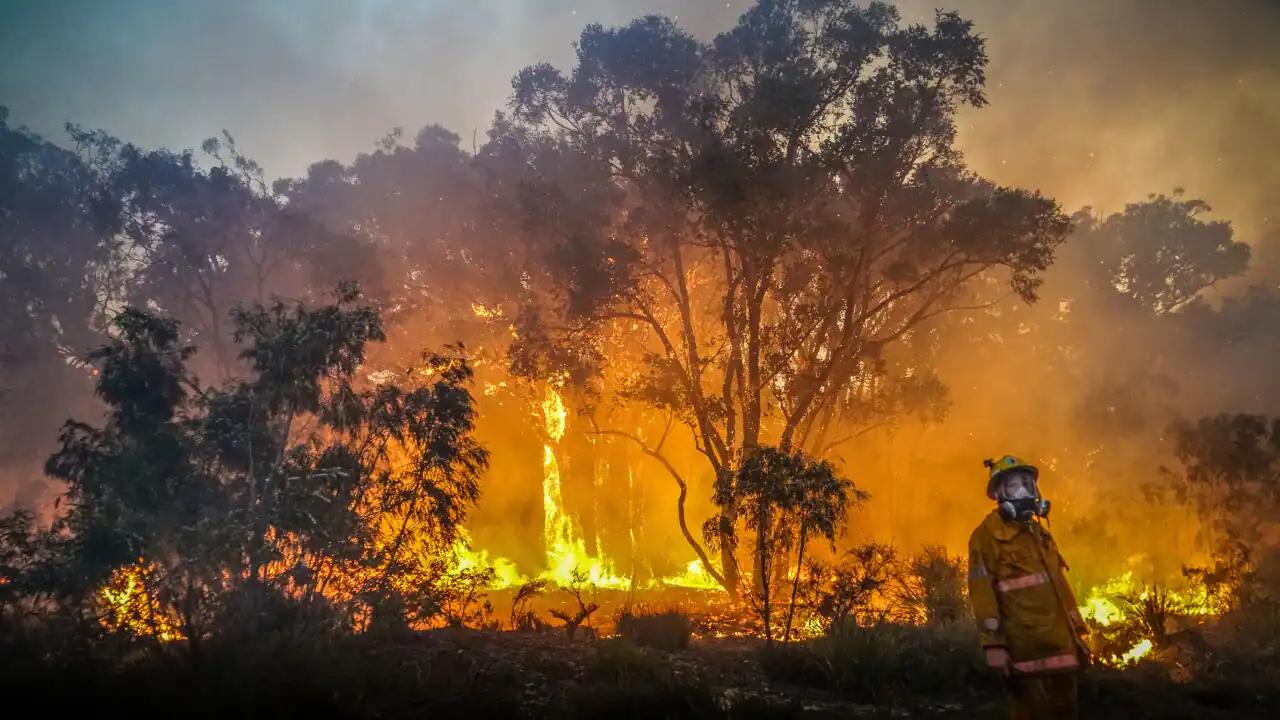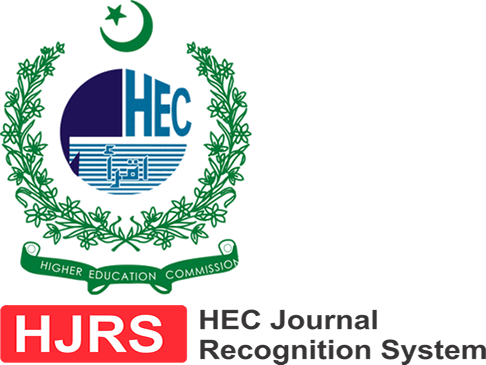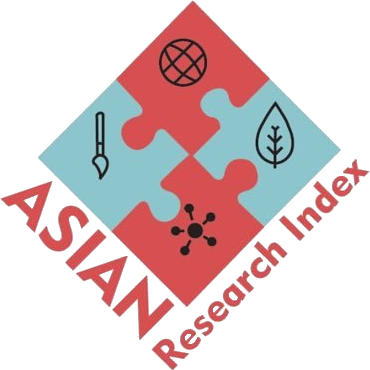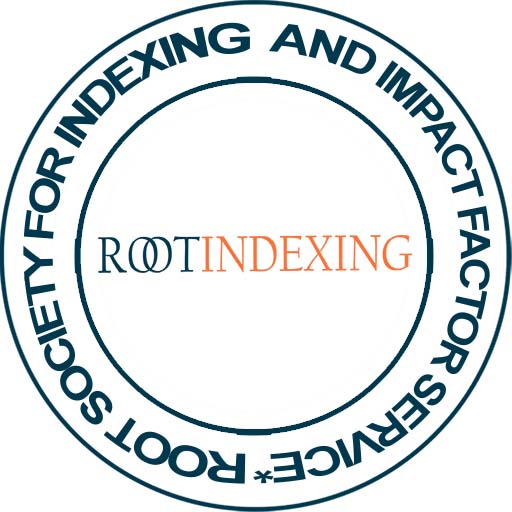پُرتشدد حالات میں قدرتی ماحول کے تحفظ کے حوالے سےاسلامی تعلیمات کاتحقیقی جائزہ
A RESEARCH STUDY OF ISLAMIC TEACHINGS REGARDING THE PROTECTION OF THE NATURAL ENVIRONMENT IN VIOLENT SITUATIONS
DOI:
https://doi.org/10.5281/zenodo.7574253Keywords:
Holy Quran tolerance, Environmental, Holy Prophet, circumstancesAbstract
This paper presents an analytically functional conceptualization of environmental violence and identifies its sources, pathways, and generalizations in global ecosystems and everyday life. It then expands the basic concepts of Islamic teachings, complex systems and human development on a broader basis to address threats and violent situations, and especially changes in the cultural, social and societal environment that directly impact issues such as violence. There are. Topics like these can be addressed. And environmental changes are happening all the time. A changing environment drives selection for organisms, and there is no organism that does not change its environment in order to survive and reproduce. These changes are the main drivers of evolution and consequently the main cause of biodiversity. Environmental violence and the unsustainable use of natural resources create a vacuum and the normal way capitalist economies exploit nature. The rate of extinction associated with the current unnatural use of resources is sufficient to believe that we are facing mass extinction events. The speed at which humans are changing the environment has left no time for evolutionary adaptation. We need to reduce environmental violence for life in order to maintain our normal functioning. Human nature is human and if violent situations are not countered, we will have no solution without facing dire consequences.
References
Embracing the Statutes of the United States of a General and Permanent Nature in Force,with an Appendix Covering Acts June 14 to July 16, 1918". Making of Modern Law: Primary Sources, 1763–1970: 1716.
D.Johan Galtung, the Father of Peace Studies.In J.Galtung & D. Fischer (Eds.), Johan Galtung: Pioneer of Peace Research. New York:Springer. (2013.Vol. 5). P.35
القرآن،الروم،آیت30
Joseph A. Taintern , The Collapse of Complex Societies, Campbridge University press, 1990,P 167
Galtung, J.Cultural violence. Journal of Peace Research, (1990)27(3), 291-305.
القرآن،سورۃالاعراف،آیت24
القرآن،سورۃ طٰہٰ ،آیت53
القرآن،سورۃ ھود،آیت61
الدارمی،عبداللہ بن عبدالرحمٰن،سنن الدارمی، بَابُ فِي فَضْلِ الْغَرْسِ،(سعودیہ،مکتبہ دارالمغنی للنشروالتوزیع،2000)،ج 3،ص1703،حدیث2652
القرآن،سورۃالحج،آیت39،40
القرآن،سورۃالنساء،آیت59
ابن ماجہ ،محمدبن یزید،سنن ابن ماجہ،(الریاض،مطبع دارالسلام ،1998ء)، حدیث 2859
القرآن،سورۃالنحل ،آیت91
القرآن،سورۃالکہف،آیت 6
القرآن،سورۃالشعراء،آیت3
ابن ہشام،عبدالملک بن ہشام،السیرۃالنبویۃ،(ملتان:عبدالتواب اکیڈمی،س ن)،ج1،ص274
القرآن،سورۃالنمل ،آیت27
https://nwfc.pmd.gov.pk/new/print-press-release.php?press=205 , Accessed, Jan 12, 2023
القرآن،سورۃالجنّ،آیت72
القرآن،سورۃطٰہٰ،آیت120
البخاری، محمد بن اسماعیل، صحیح بخاری، ترقیم ڈاکٹر مصطفیٰ دیب بُغا،( بیروت: دار ابن کثیر، بلا سنِ طباعت) رقم الحدیث: 5938
القشیری، مسلم بن حجاج،صحیح مسلم،(ریاض:بیت الافکار الدولیہ،1998ء)رقم الحدیث: 2016
السجستانی، سلیمان بن اشعث ، سنن ابی داؤد، رقم الحدیث 5239
القرآن،سورۃالبقرہ،آیت205
شبلی نعمانی ، سیرۃ النبی ﷺ ، (کراچی: دار الاشاعت، 1985ء)،ج 1،ص245
القرآن،سورۃالحشر،آیت5
القشیری، مسلم بن حجاج،صحیح مسلم،رقم الحدیث1362
امام ابویوسف، یعقوب بن ابراہیم،کتاب الخراج،(بیروت: دار المعرفۃ، 1979ء)، ص104
امام ابویوسف، یعقوب بن ابراہیم،کتاب الخراج، ص104
گوہر، محمد مصعب، ماحولیات کا اسلامی تصور، مقالہ برائے پی ایچ ڈی، زیرِ نگرانی: ڈاکٹر احسان اللہ فہد، علی گڑھ مسلم یونیورسٹی، علی گڑھ 2015ء، ص: 23
القرآن،سورۃالروم،آیت41

Downloads
Published
How to Cite
License
Copyright (c) 2022 AL MISBAH RESEARCH JOURNAL

This work is licensed under a Creative Commons Attribution 4.0 International License.
AL-MISBAH Research Journal is full open access and licensed under Creative Commons Attribution 4.0 International License; and Published by: Research Institute of Culture & Ideology (REINCI), Islamabad, Pakistan. This allows the research community and the general public to gain unlimited, free and immediate access to scholarly articles, and to reuse the content freely provided that proper attribution is given to the original authors.









